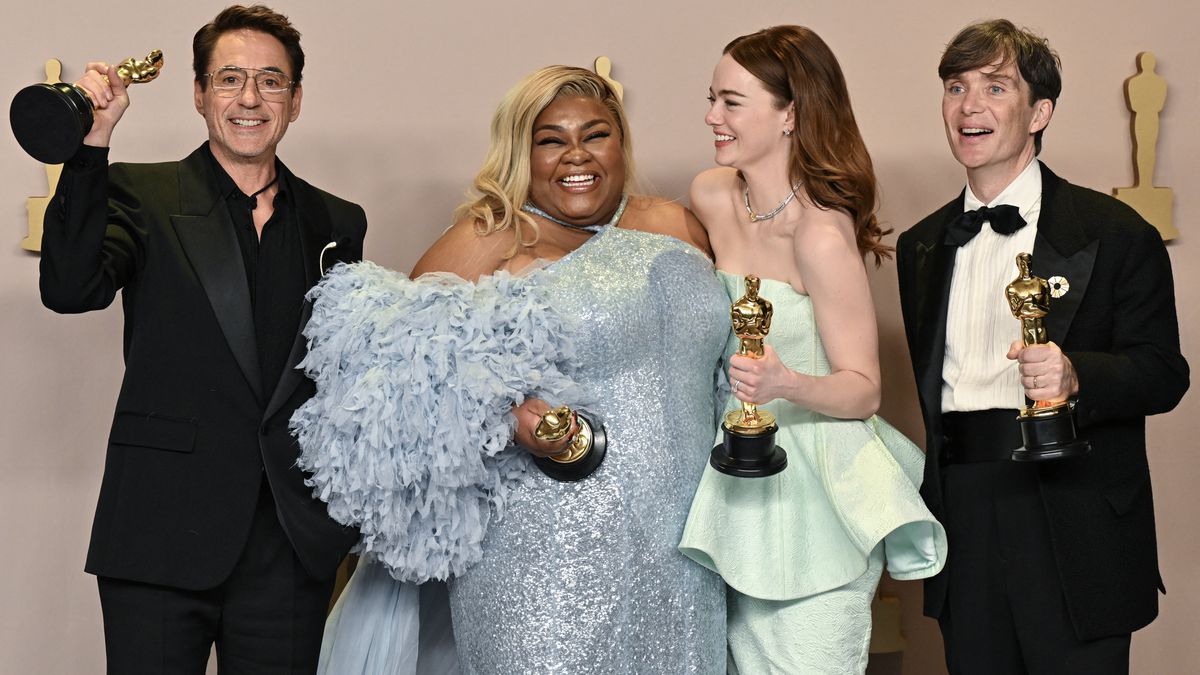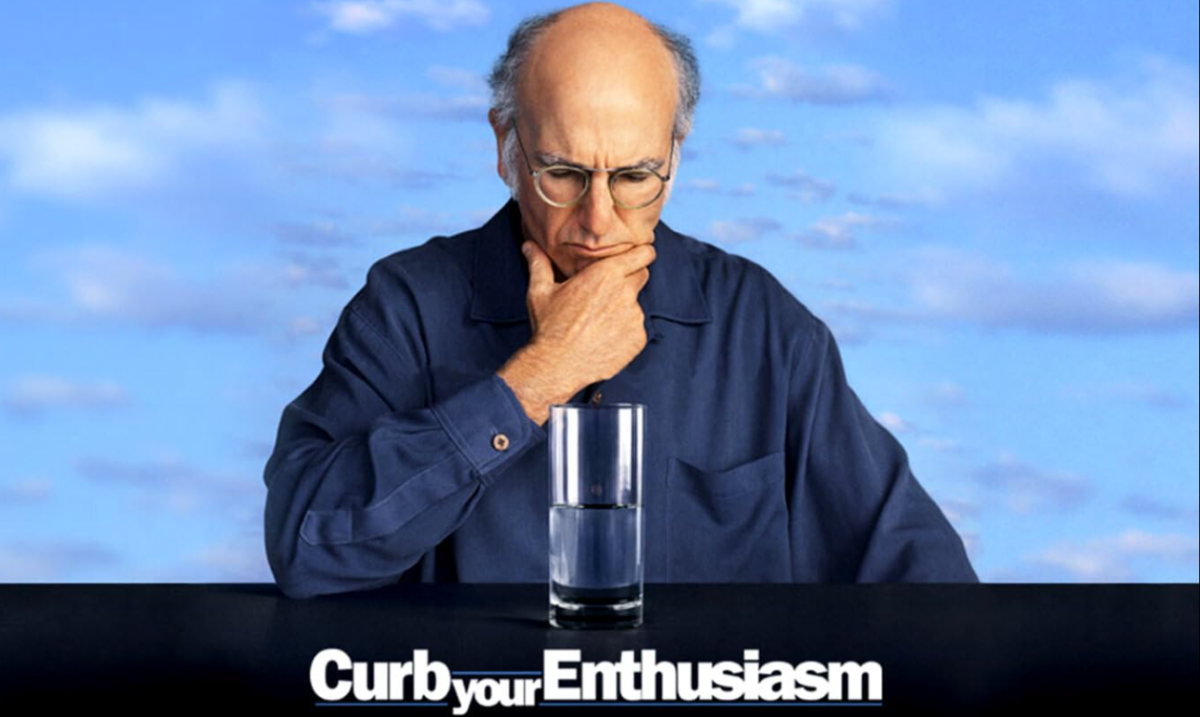 When anyone can find out which celebrity is back in rehab for a supposed toothache, which is having an affair with their co-star while their spouse stays in the same city and which is beating their significant other while cruising the streets of L.A. simply by strolling down an aisle in Stop and Shop, why bother watching a glorified popularity contest? Sunday night marked the Sixty-first Primetime Emmy Awards, the sixty-first year television stars paraded themselves in front of cameras, fans, and an academy who votes to tell them who is the best at what they do.
When anyone can find out which celebrity is back in rehab for a supposed toothache, which is having an affair with their co-star while their spouse stays in the same city and which is beating their significant other while cruising the streets of L.A. simply by strolling down an aisle in Stop and Shop, why bother watching a glorified popularity contest? Sunday night marked the Sixty-first Primetime Emmy Awards, the sixty-first year television stars paraded themselves in front of cameras, fans, and an academy who votes to tell them who is the best at what they do.
But who is this academy to say that “30 Rock” is better than “Family Guy” when, besides being comedies, the two have nothing in common? Moreover, does anyone really care? Just because “30 Rock” is, for the third year in a row, considered the best comedy show out there does not mean people will stop watching any of the other nominees, or even the shows not considered. And the dramas that lost out to winner “Mad Men” will not stop production, lamenting, “Oh, the shame!” Nothing really changes. So, why is an awards show like this even relevant?
Instead of fading into unimportance, Neil Patrick Harris heralded in a new award show that has been forced to evolve with the changing times. 2009 marked the first year both the orchestra and the control room were made visible to the audience. To conserve time, because Americans generally need convenience or else everything becomes tumultuous, the awards were split into five sections: comedy, reality, miniseries/ TV movies, variety, and drama (in that order). The hope was to make everything run smoothly and avoid that slump in the middle during which everyone picks up the remote to watch the football game (because no one watches this to find out who will win for Outstanding Writing for a Miniseries, Movie, or Dramatic Special). Harris called attention to this goal in saying, “Here’s hoping Kanye West likes ‘30 Rock!’”
Harris succeeded in keeping his audience rapt during the Emmys’ droning three hour broadcast. He danced across the stage with as much grace as Hugh Jackman at the Oscars while singing a repetitive and far too long 40’s style tune pleading with the at-home audience to put down the remote. For most of the night, Harris acted like a giddy little boy; it was obvious that he genuinely liked his position. He giggled after every joke told and kept the audience laughing along. Even if the relevance of the show must be questioned, it was worth watching simply to see which star Harris would take a jab at next.
The stars themselves cannot go without mention. The first winner of the evening, Kristin Chenoweth (for Outstanding Actress in a Comedy for her work on the now defunct “Pushing Daisies”) set the night off with an overly dramatic tone. She was reduced to tears while making her acceptance speech, flinging herself into the arms of presenter Tina Fey. However, Chenoweth has been the recipient of numerous honors over the years, including a prestigious Tony Award. Soon after, Karina Smirnoff and Maksim Chmerkovskiy followed with a stilted dance number, alluding to their recently broken engagement. Moments like these provided for awkward and cringe-worthy moments.
Only Glenn Close brought attention to the hold actors and actresses have on their audience. In her acceptance speech for Outstanding Lead Actress in a Drama (which probably should have been given by the more versatile Mariska Hargitay or Sally Field) she noted the power and legacy that goes along with being a professional actress. To her credit, she did give an impressive speech, but her attempt at rebuilding the pedestal which stars are thought to sit on was feeble.
The Sixty-first Primetime Emmy Awards helped to show that even stars have the same problems as the average American, such as being overwhelmed by recognition or shaken by a rocky breakup. But then, do they deserve to be watched by millions receiving awards because they simply did their job well? As much as host, Harris tried to divert the audience from this conclusion, the inescapable answer is no. While any awards show has entertainment value, the U.S. is a nation in which some of its citizens can’t afford a television to watch the event on. But for those who can, watching an event like the Emmys lets the average citizen escape the monotony of their daily lives for a few hours, at least.
Kate MacDonald can be reached at [email protected]






